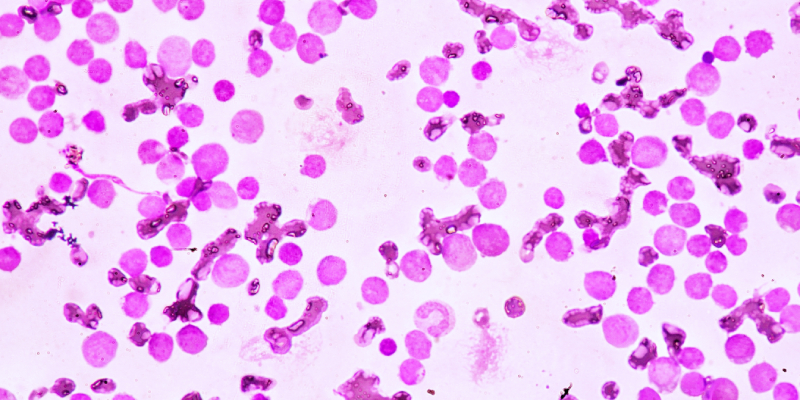Shaikha AlQahtani, MD, on Cladribine in Pediatric Relapsed Leukemias
By Shaikha Alqahtani, MD, Melissa Badamo, Leah Sherwood - Last Updated: April 10, 2024Dr. AlQahtani, of the University of Texas MD Anderson Cancer Center, discusses her abstract, “Cladribine Use in Pediatric Relapsed Leukemias: The MD Anderson Cancer Center Experience,” presented at the 2024 American Society of Pediatric Hematology/Oncology Conference in Seattle, Washington.
Dr. AlQahtani and colleagues evaluated the outcomes of pediatric patients aged one to 22 years who received cladribine as part of their chemotherapy regimen. Seventeen of 35 patients had three or more prior therapies. Thirty-one patients had acute myeloid leukemia, and four had other varieties of leukemia.
“We were looking into other salvage therapies for our pediatric leukemia patients, and we saw that cladribine has been integrated into adult leukemia patients. They are bringing it to the frontline and having a really good survival outcome,” Dr. AlQahtani said.
Around 45% of patients had a complete response after cladribine, and 11 patients proceeded to transplant. The overall survival was around one year and ranged from five months to 10 years.
As for safety, hematological toxicities, such as febrile neutropenia, thrombocytopenia, and anemia, were observed.
“We hope this study can help inform future larger studies to confirm our findings and try to look into cladribine as salvage therapy for relapsed leukemia. That could offer hope for patients who don’t have any other options,” Dr. AlQahtani concluded.






 © 2025 Mashup Media, LLC, a Formedics Property. All Rights Reserved.
© 2025 Mashup Media, LLC, a Formedics Property. All Rights Reserved.